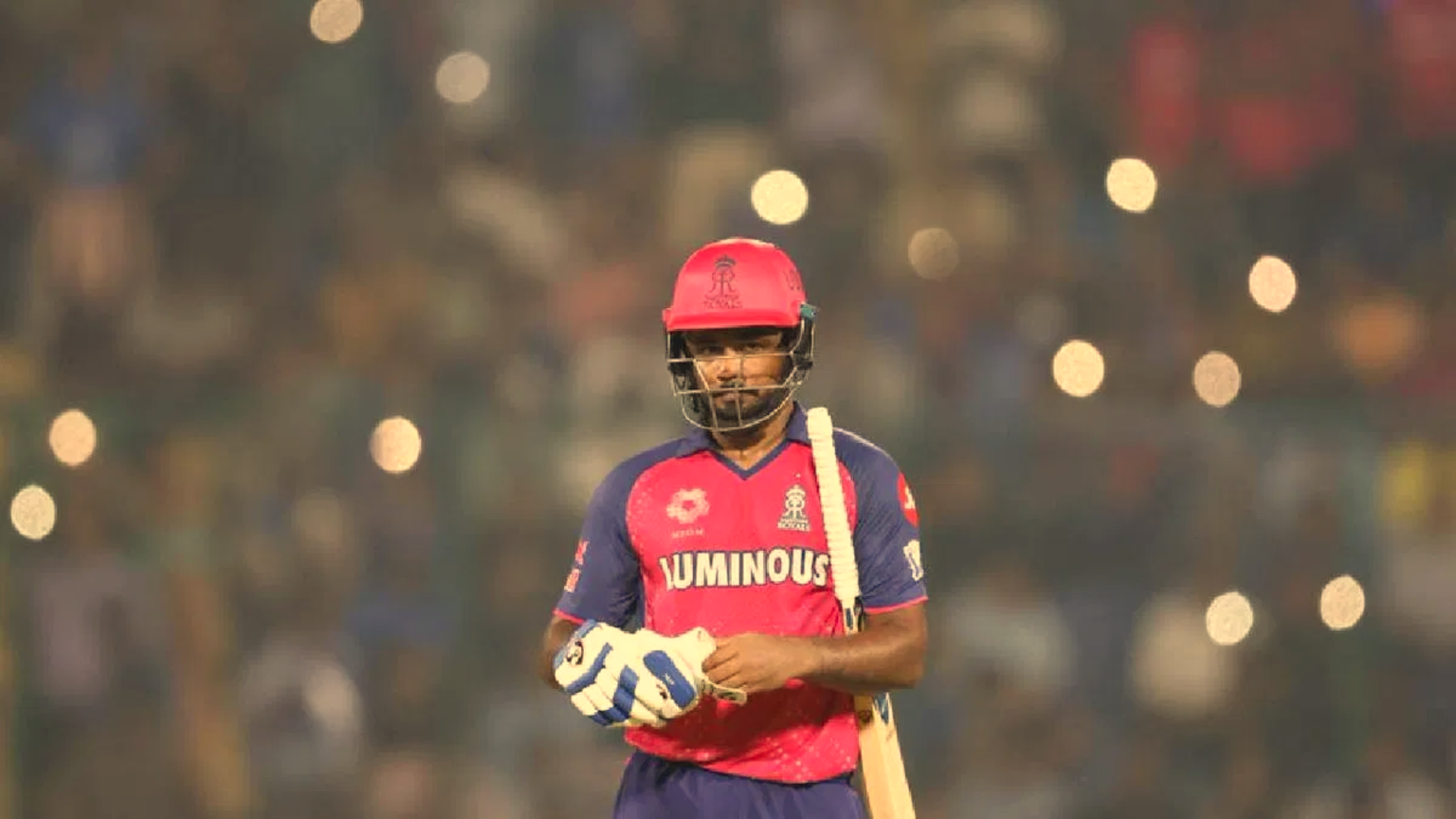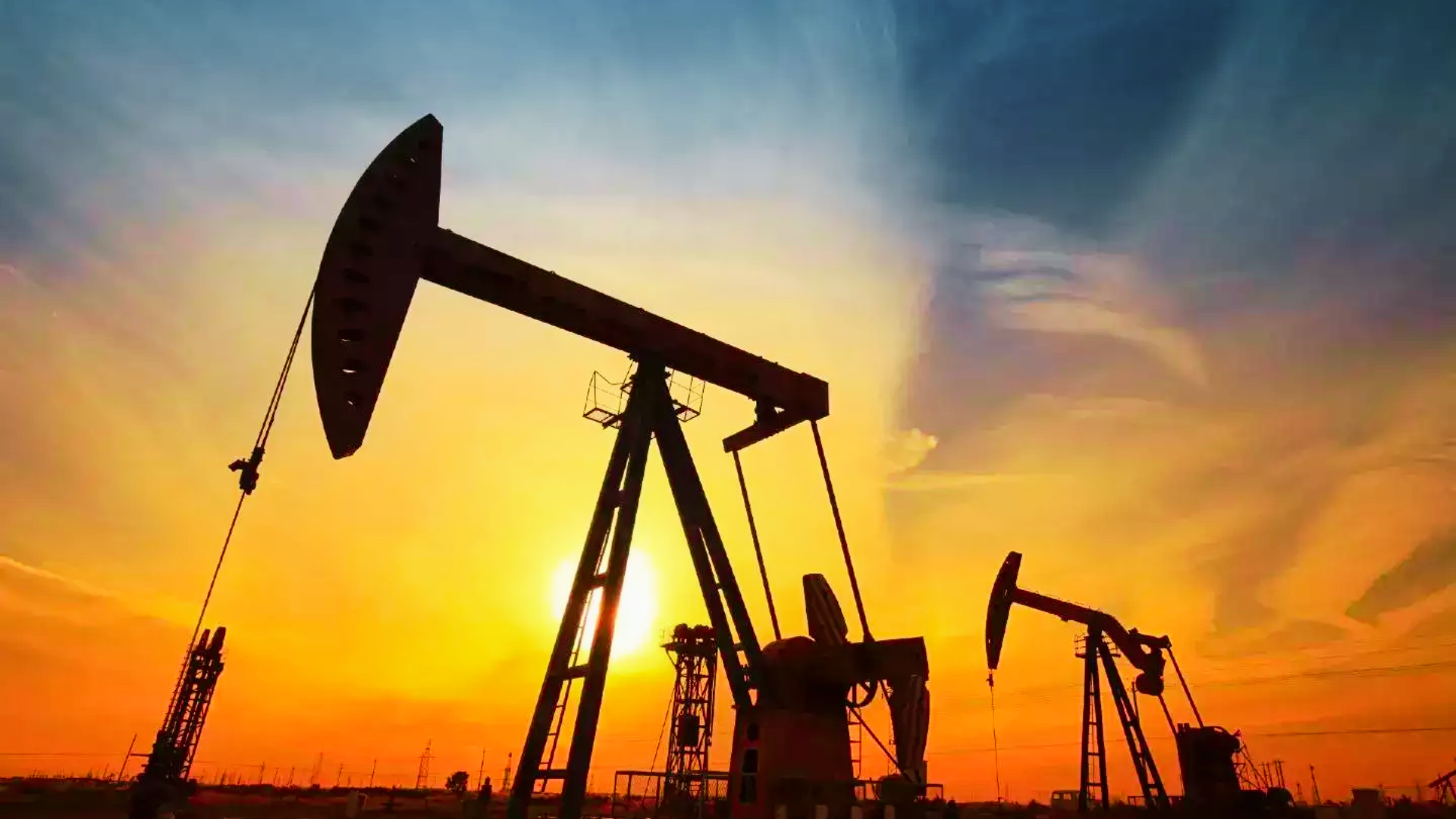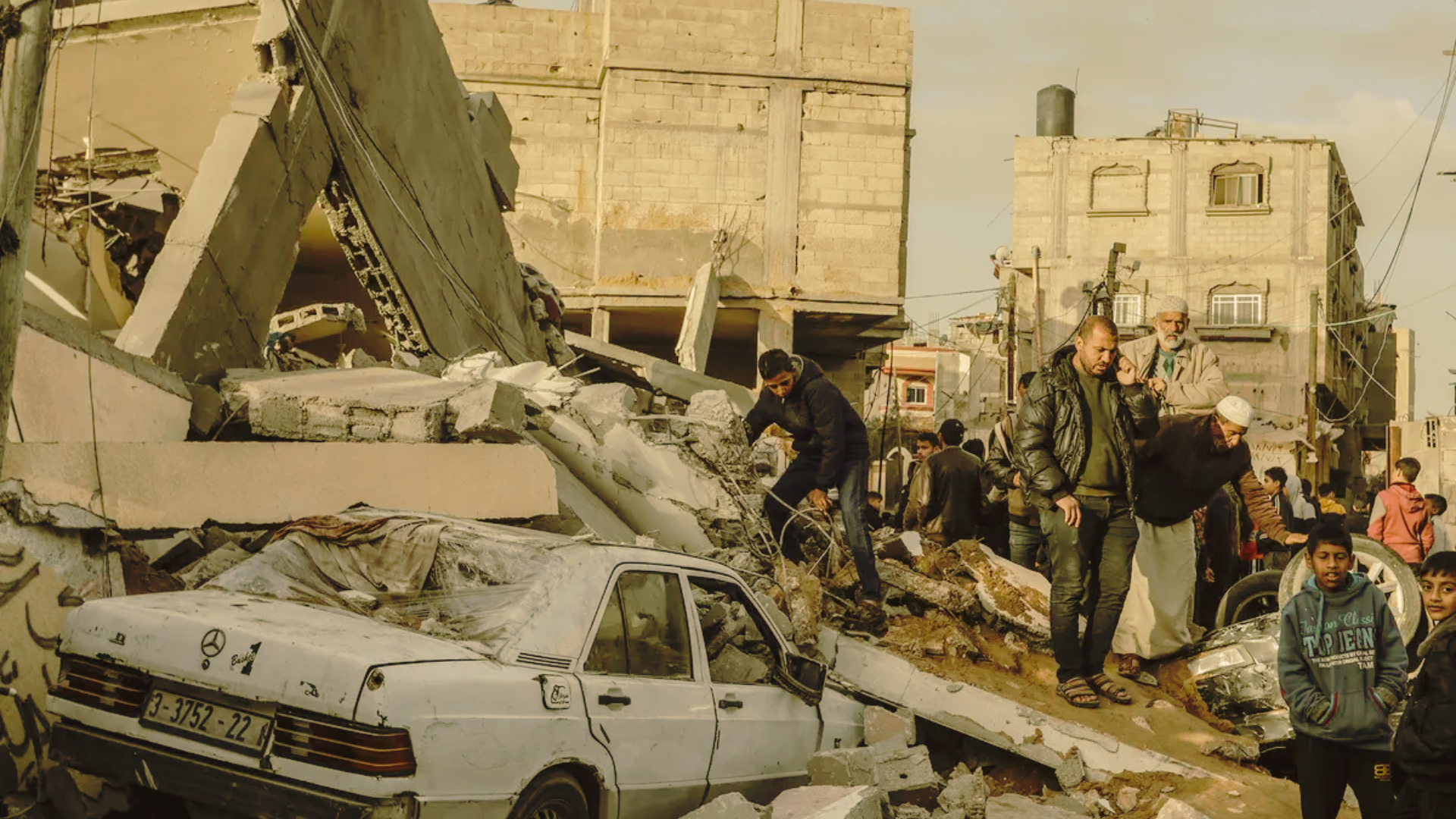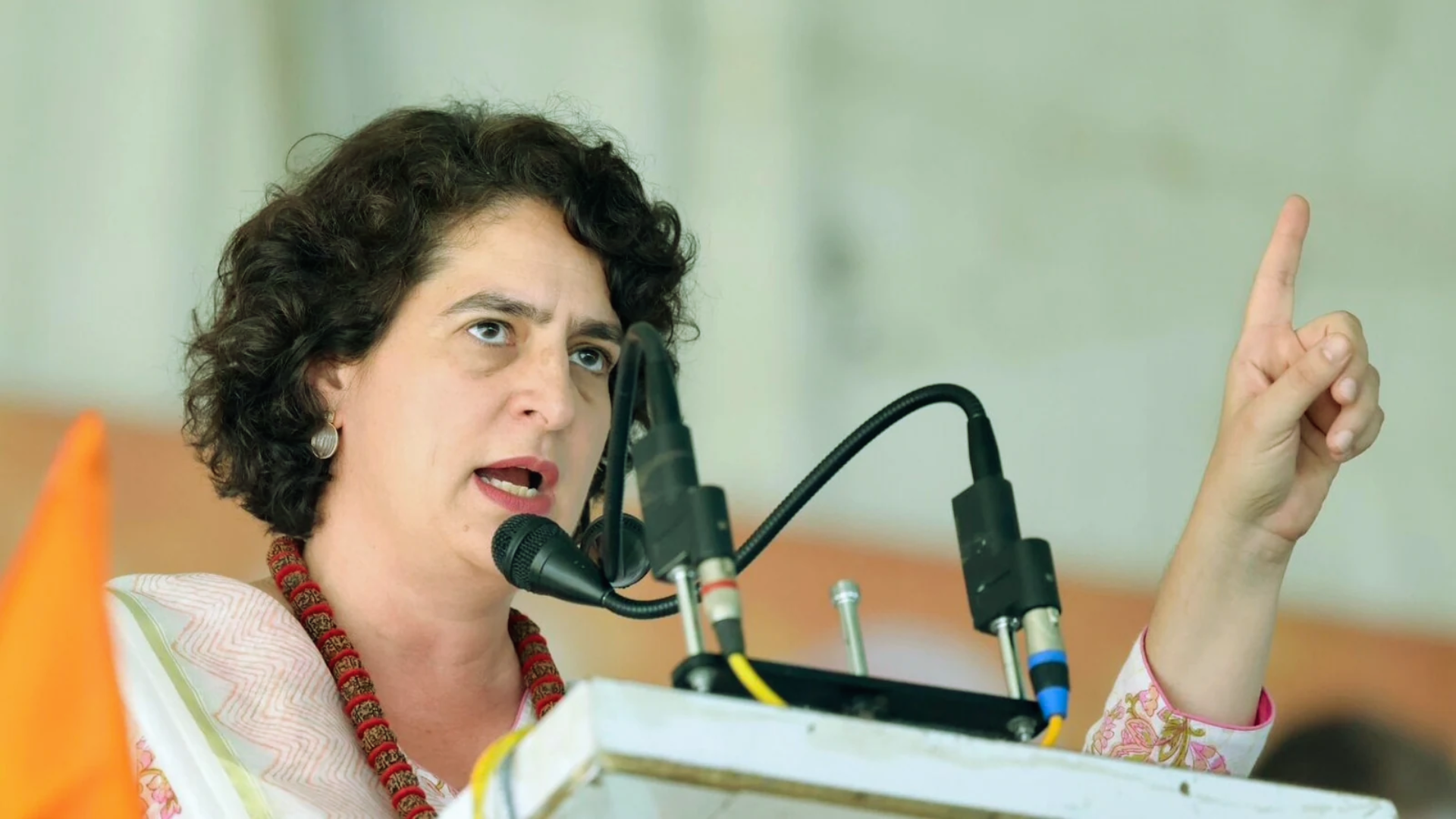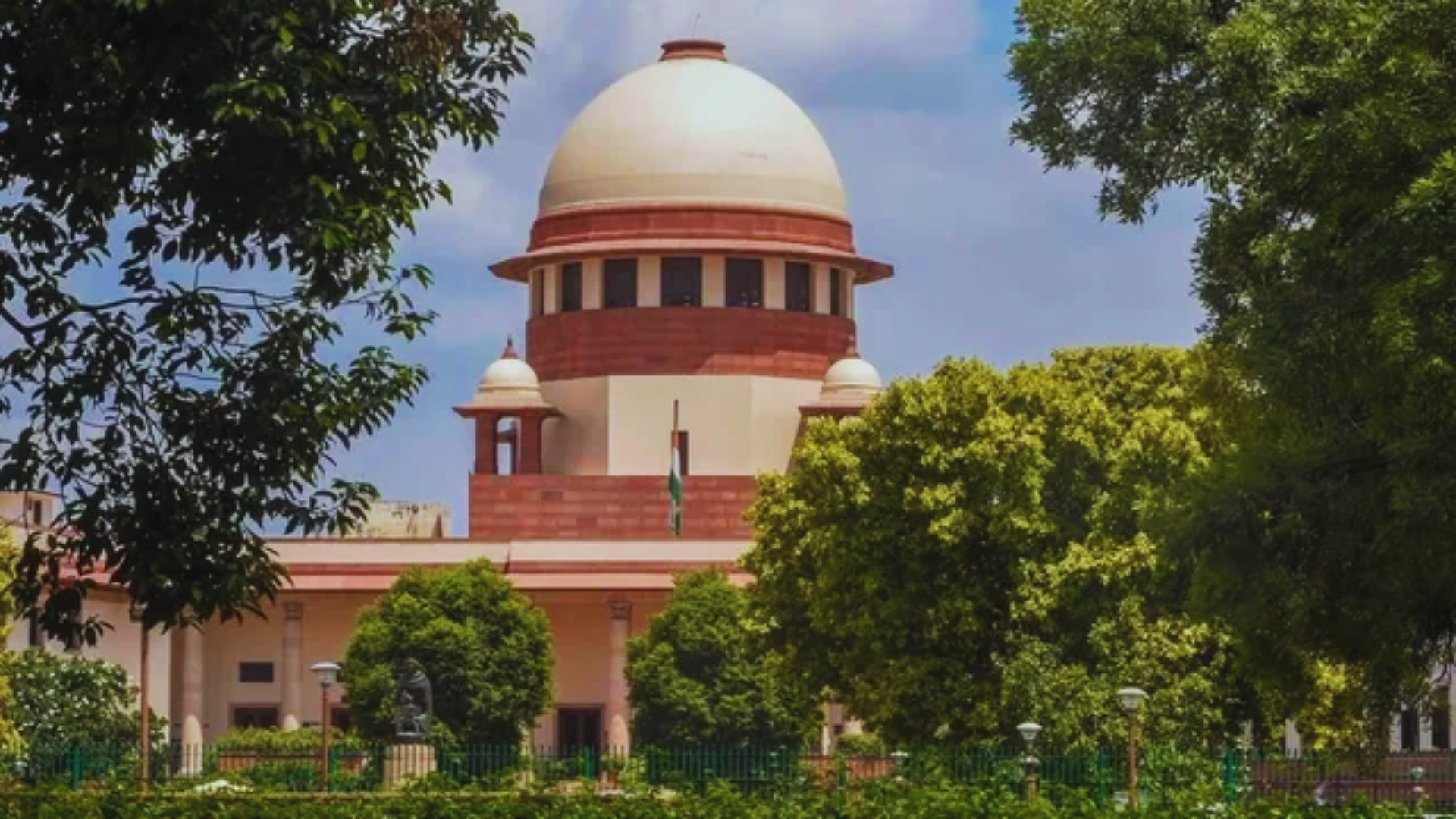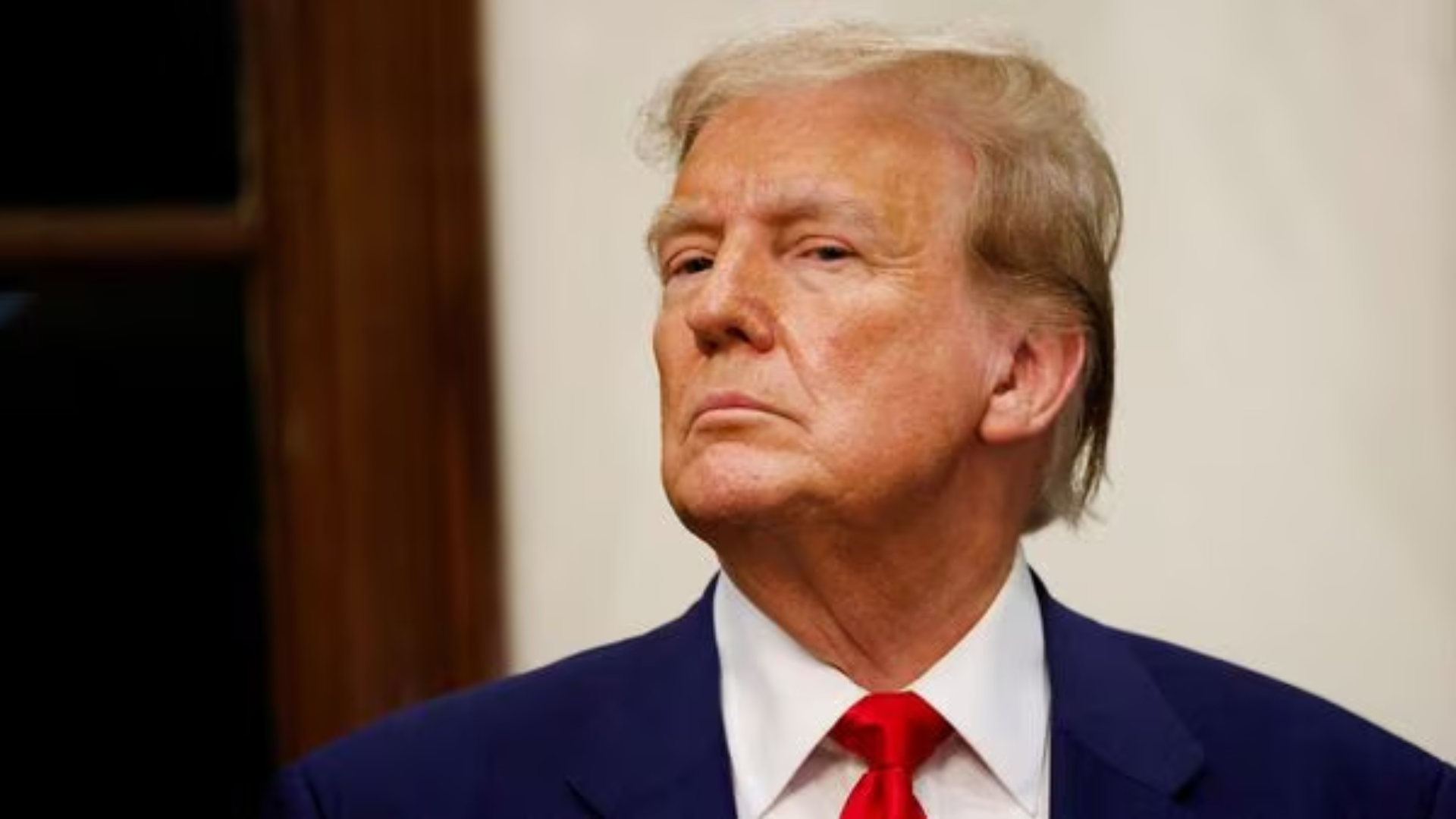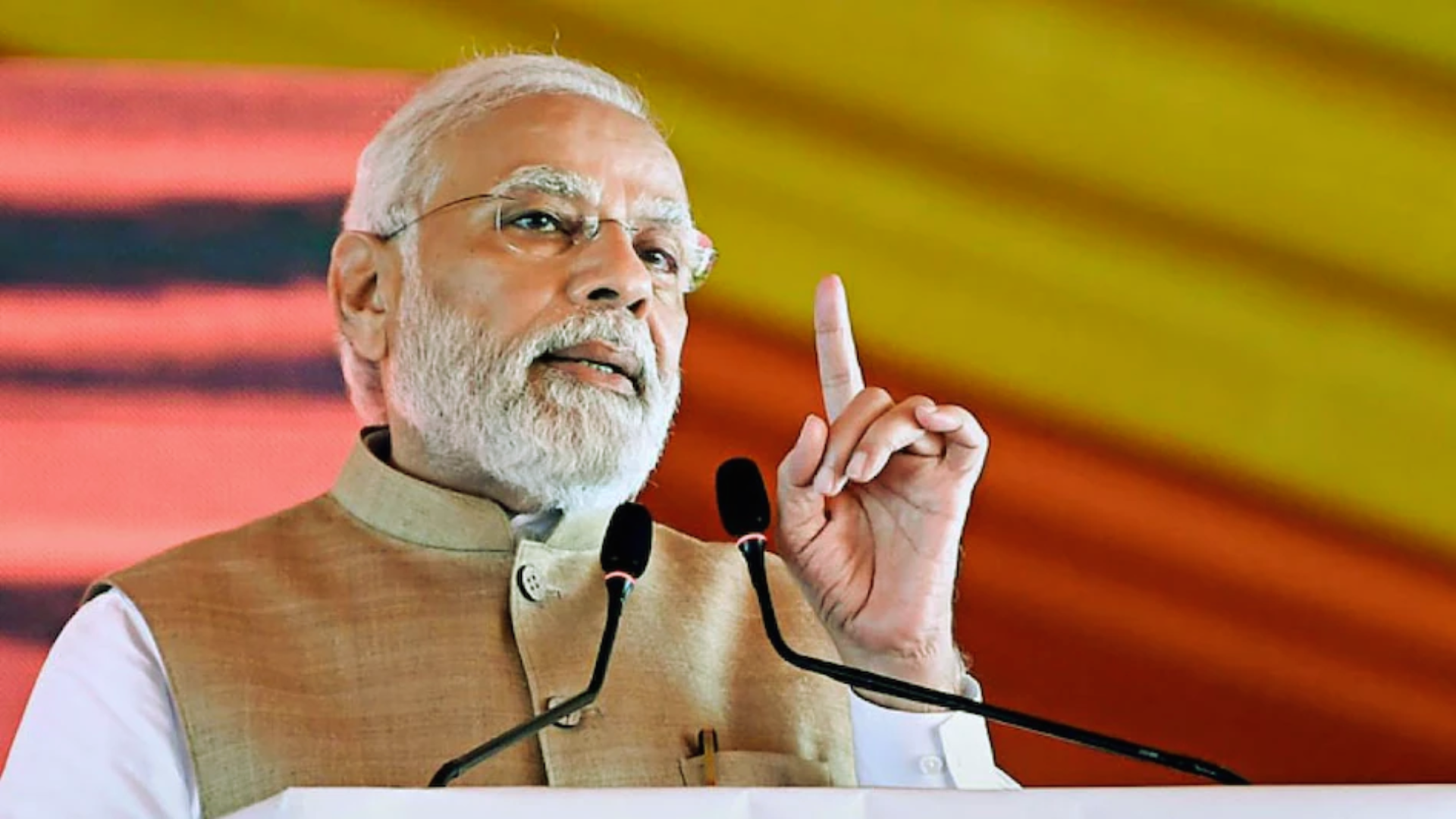


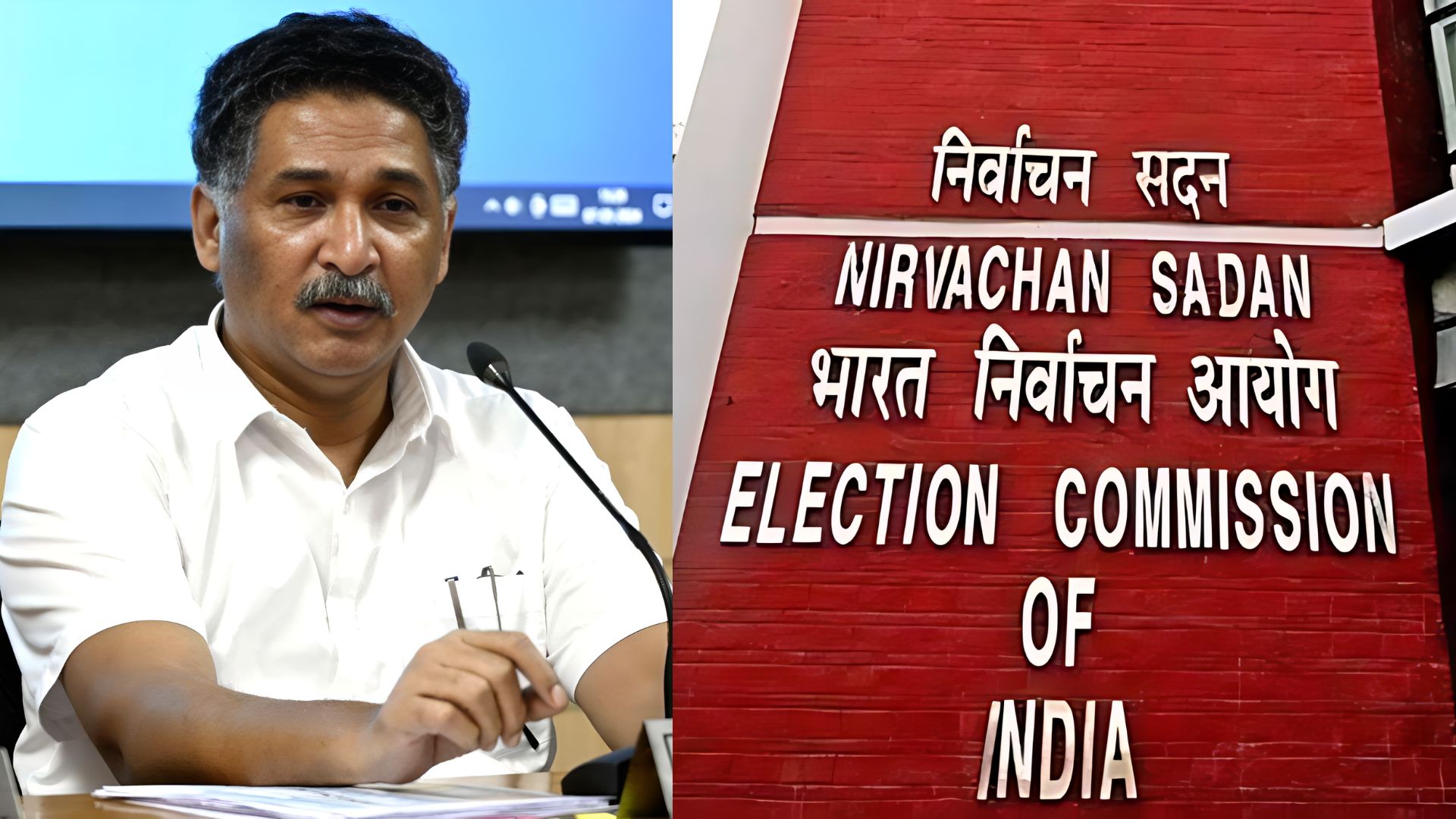

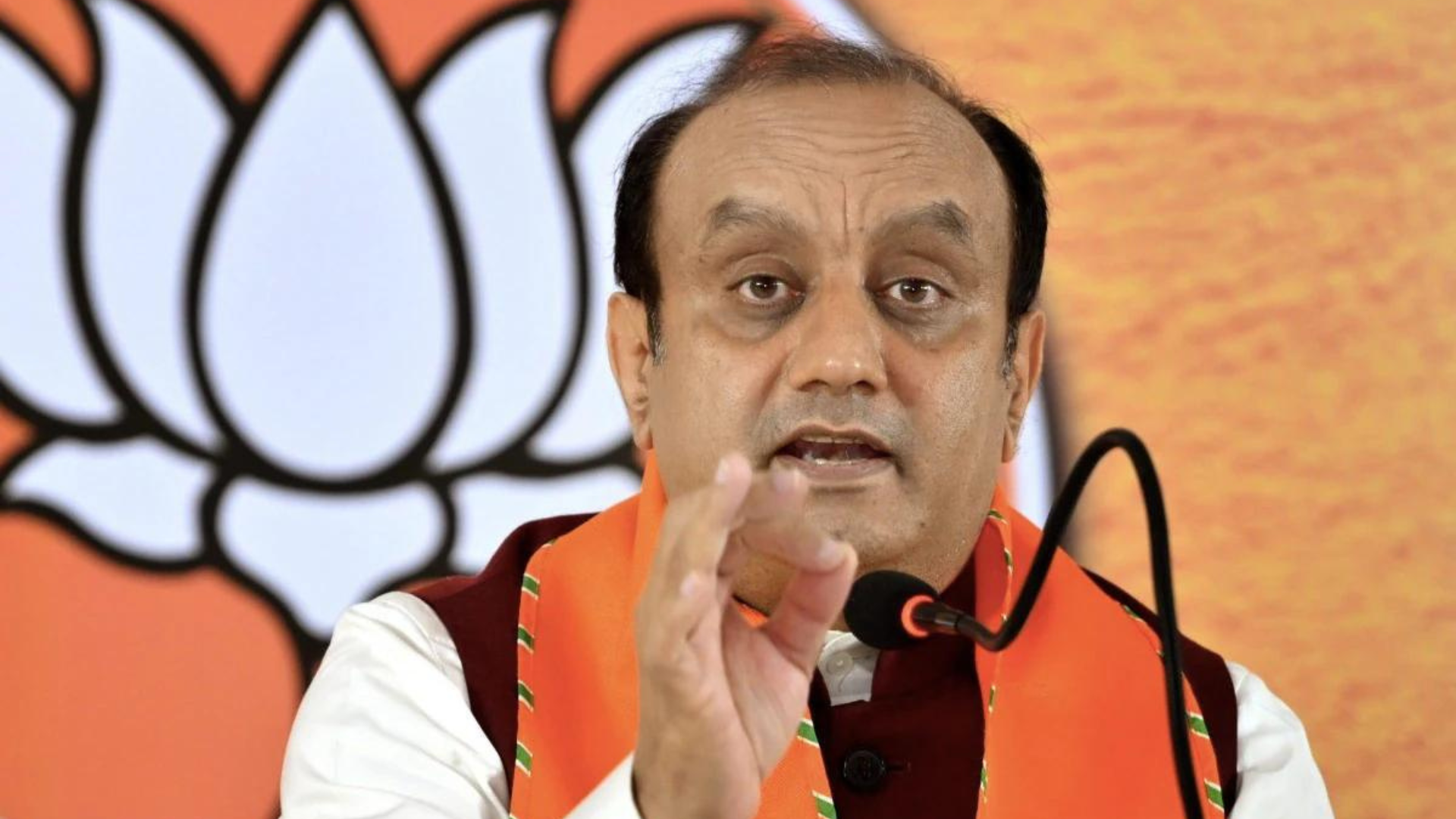

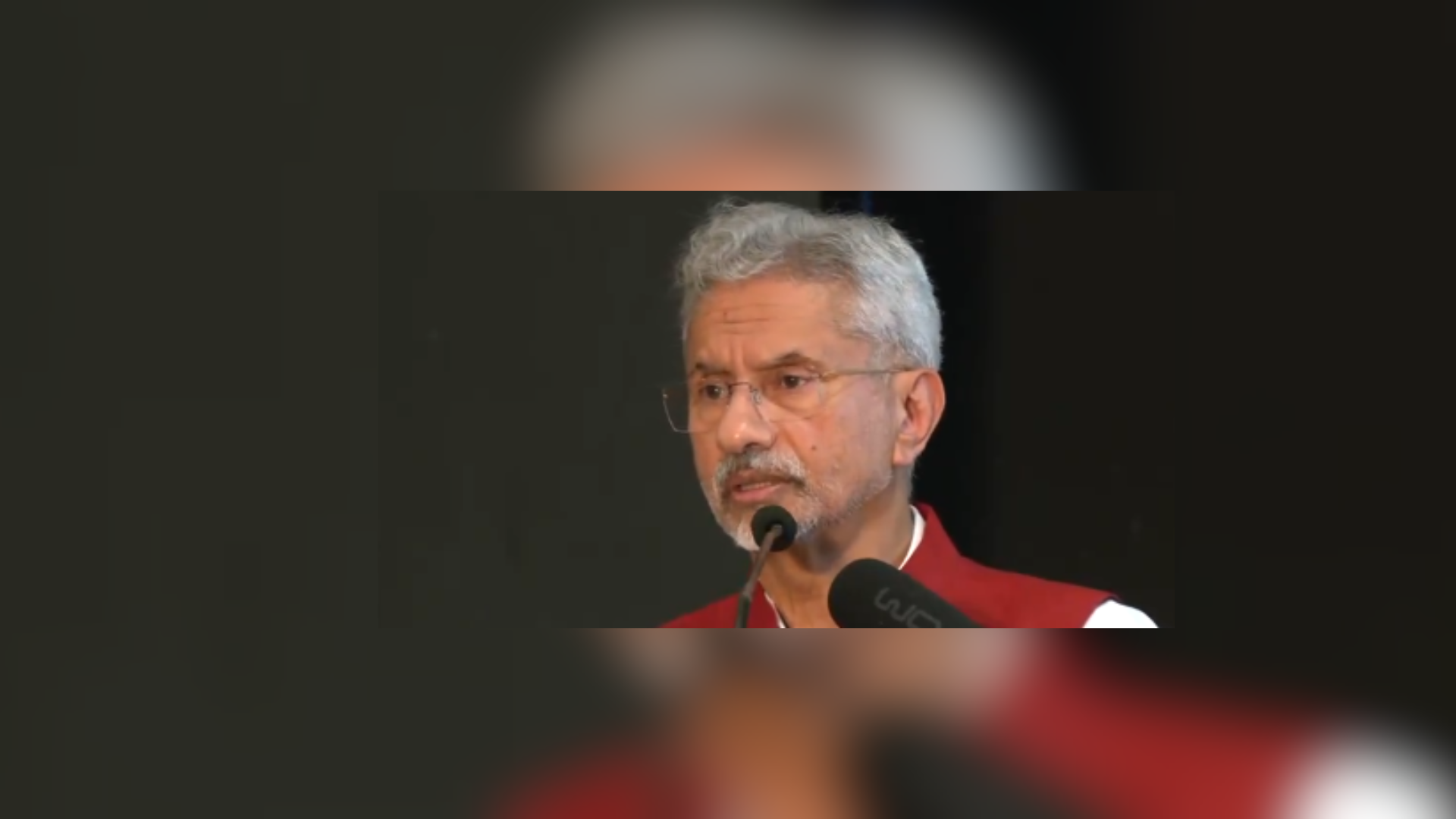

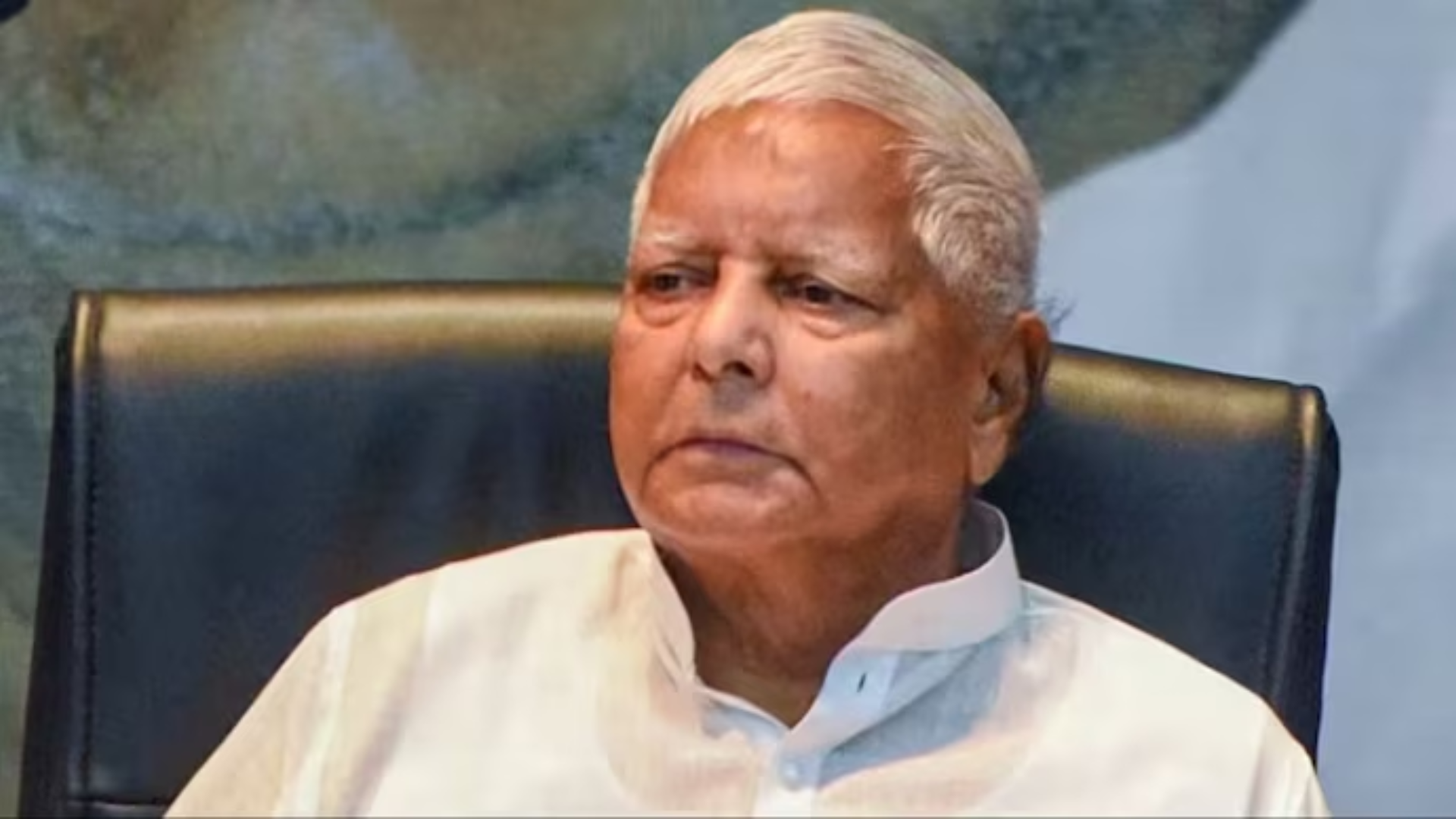
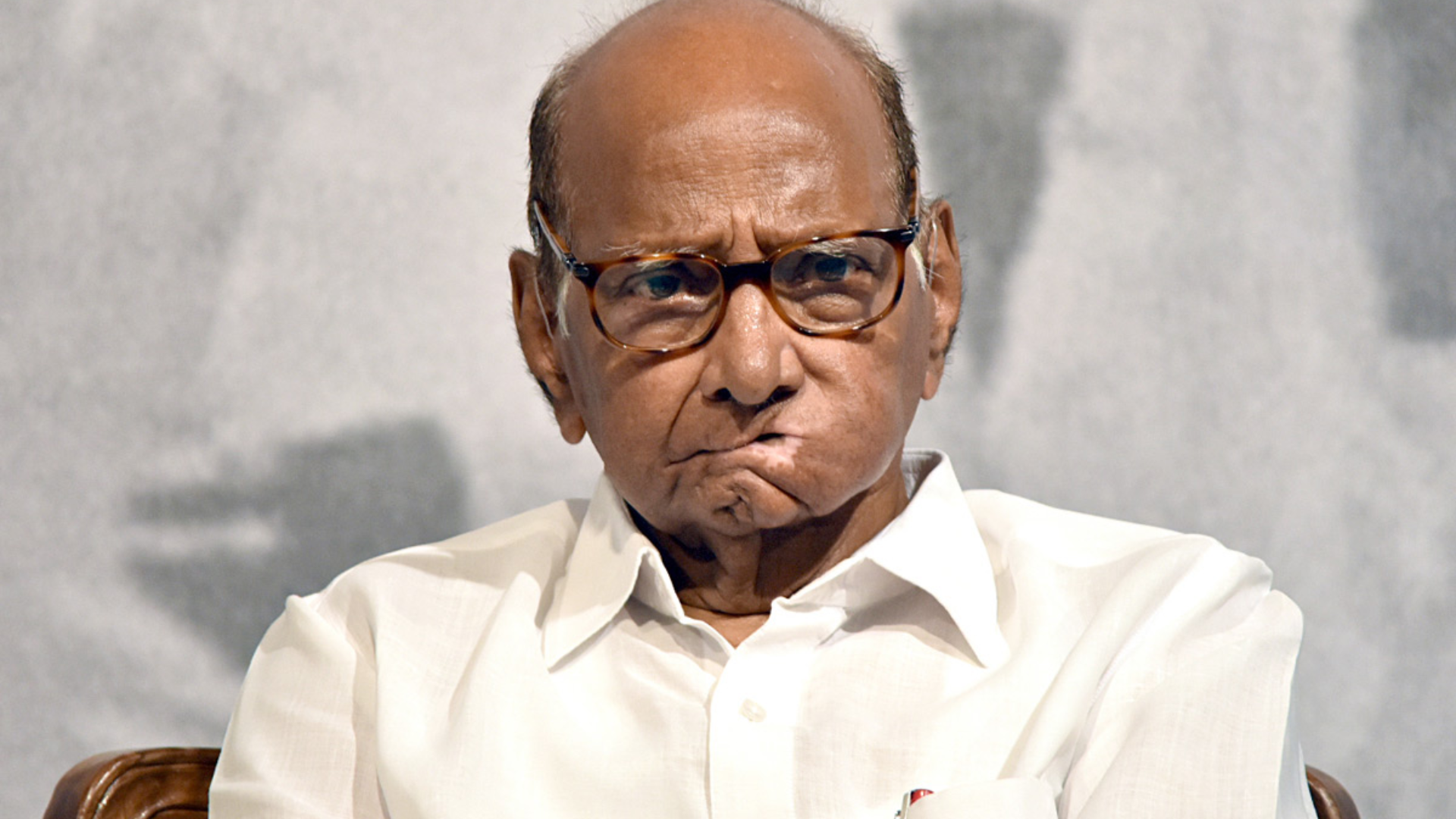
In the bustling city of Mumbai, the political landscape took an unexpected turn as Nationalist Congress Party (NCP) supremo, Sharad Pawar, made headlines by turning down an invitation to the ‘Pran Pratishtha’ ceremony of Ram Lalla in Ayodhya. His decision, outlined in a letter to Champat Rai, the General Secretary of Ram Janmabhoomi Teerth Kshetra, sparked intrigue and speculation across the political spectrum.
Pawar, known for his strategic political moves, expressed his happiness upon receiving the invitation but conveyed that he would visit Ayodhya for darshan after the event and once the construction of the temple was complete. In his letter, he acknowledged the devotion of millions of devotees across the country, highlighting the significance of ‘Maryada Purushottam Sri Ram’ as a symbol of worship and devotion.
“The darshan of Shri Ram Lalla can be done peacefully and with devotion after the ceremonies are over on January 22. I have a scheduled visit to Ayodhya, and at that time I will have the darshan of Shri Ram Lalla, by then the construction of the temple will also be completed,” Pawar stated in his letter.
This development comes after Pawar had earlier expressed disappointment at not receiving the initial invitation and accused the Bharatiya Janata Party (BJP) of playing politics in the name of the Ram Mandir. His decision to decline the invitation further added a layer of complexity to the political dynamics surrounding the Ayodhya ceremony.
Pawar is not the only political figure to decline the invitation; Akhilesh Yadav of the Samajwadi Party, Sitaram Yechury of the Communist Party of India (Marxist), and several Congress leaders, including Sonia Gandhi and Mallikarjun Kharge, had also turned down the invitation. The political landscape seemed divided, with some leaders choosing to distance themselves from the event while others embraced the occasion.
As the ‘Pran Pratishtha’ ceremony approached in Ayodhya, the anticipation and excitement grew. Vedic rituals for the ceremony began a week prior, and Prime Minister Narendra Modi initiated an 11-day special ritual in the run-up to the event. The historic celebrations were expected to draw devotees from across the country, creating a blend of spirituality and political intricacies in the air.
With political leaders making diverse choices regarding their participation, the ‘Pran Pratishtha’ ceremony on January 22 promised to be a significant event, not just for its religious implications but also for the intriguing political dynamics that surrounded it. As the date approached, all eyes turned to Ayodhya, waiting to witness the unfolding of history at the Ram Temple.

